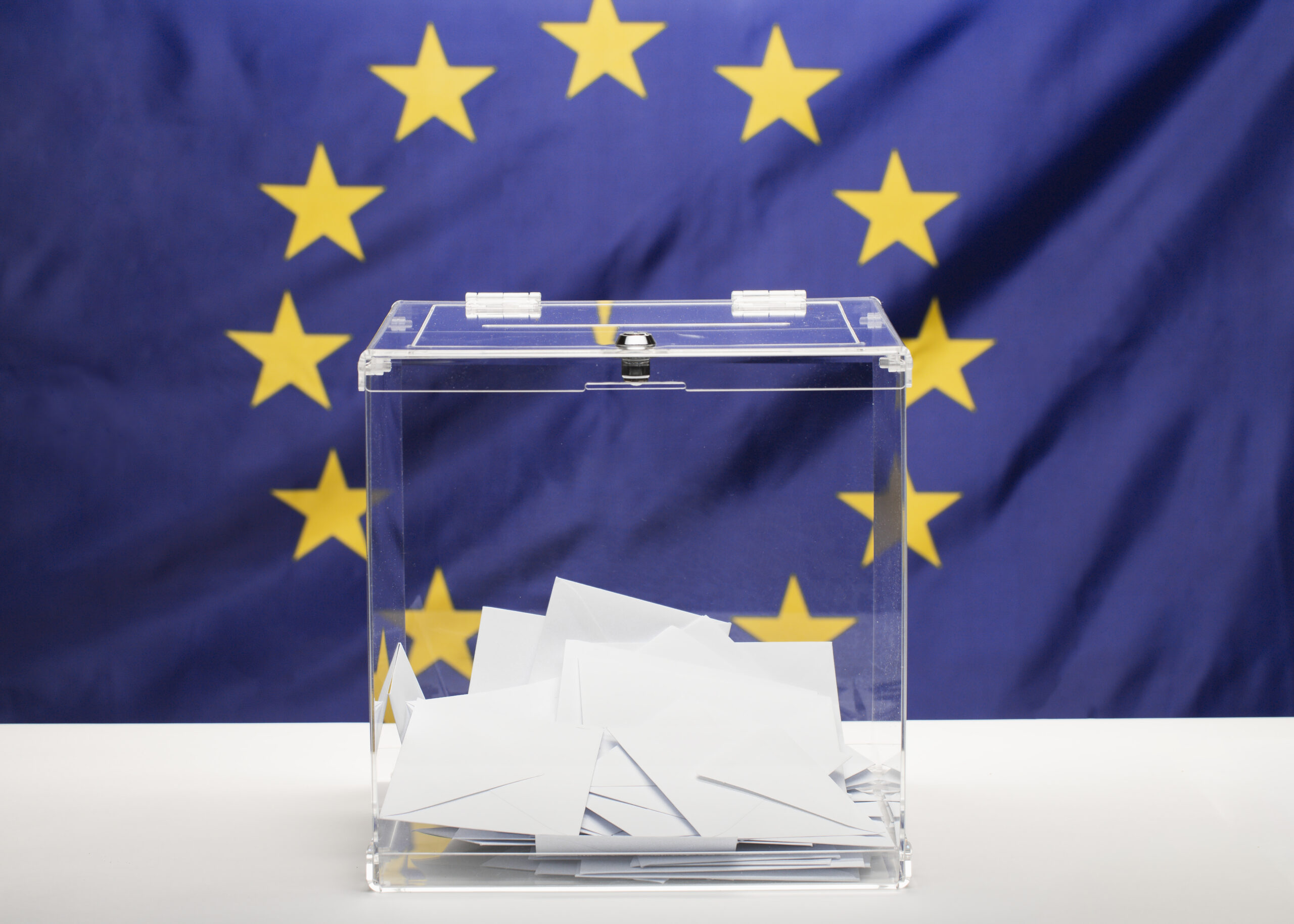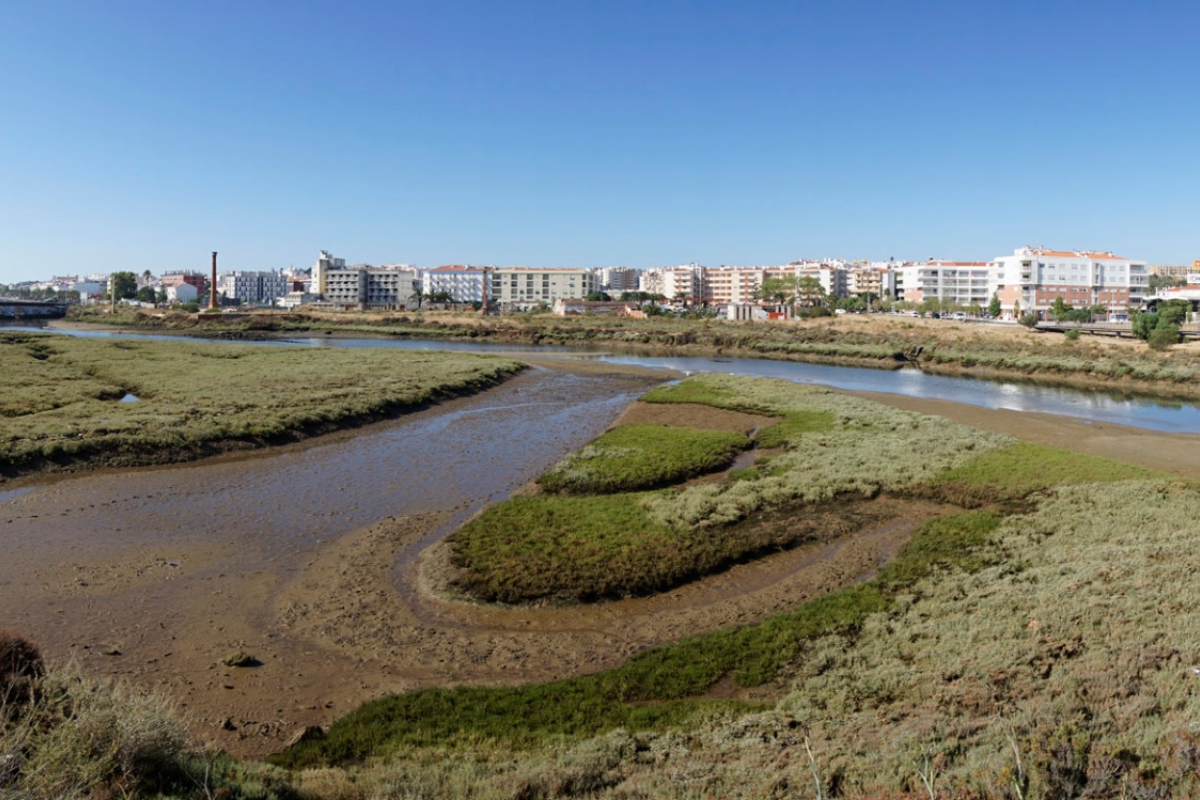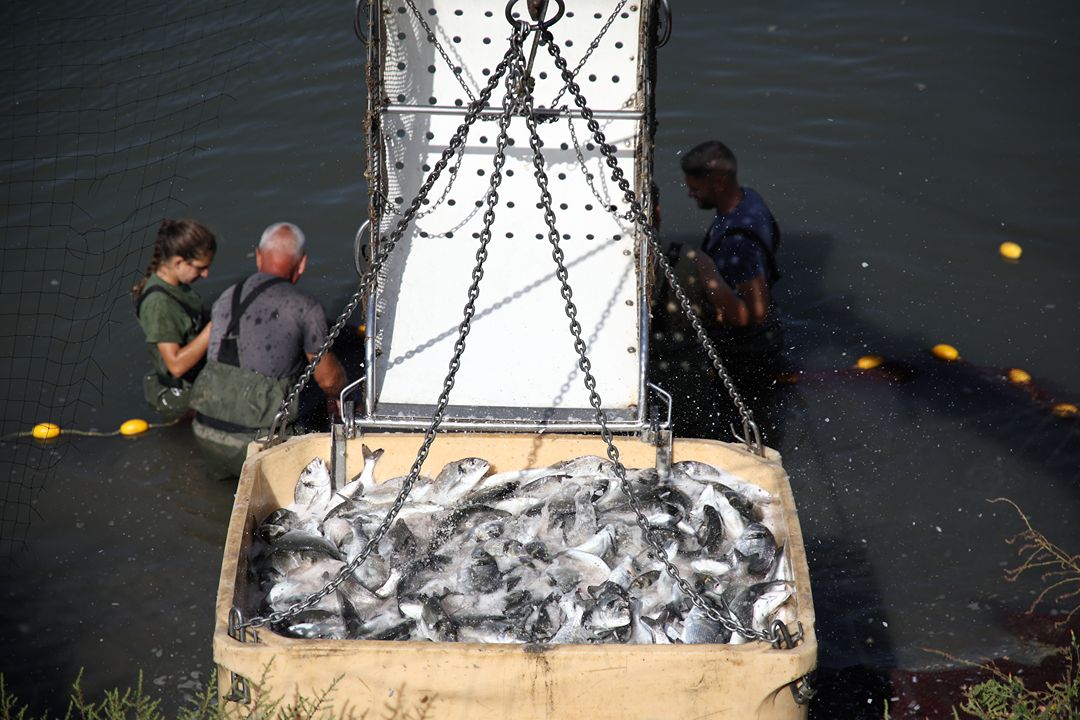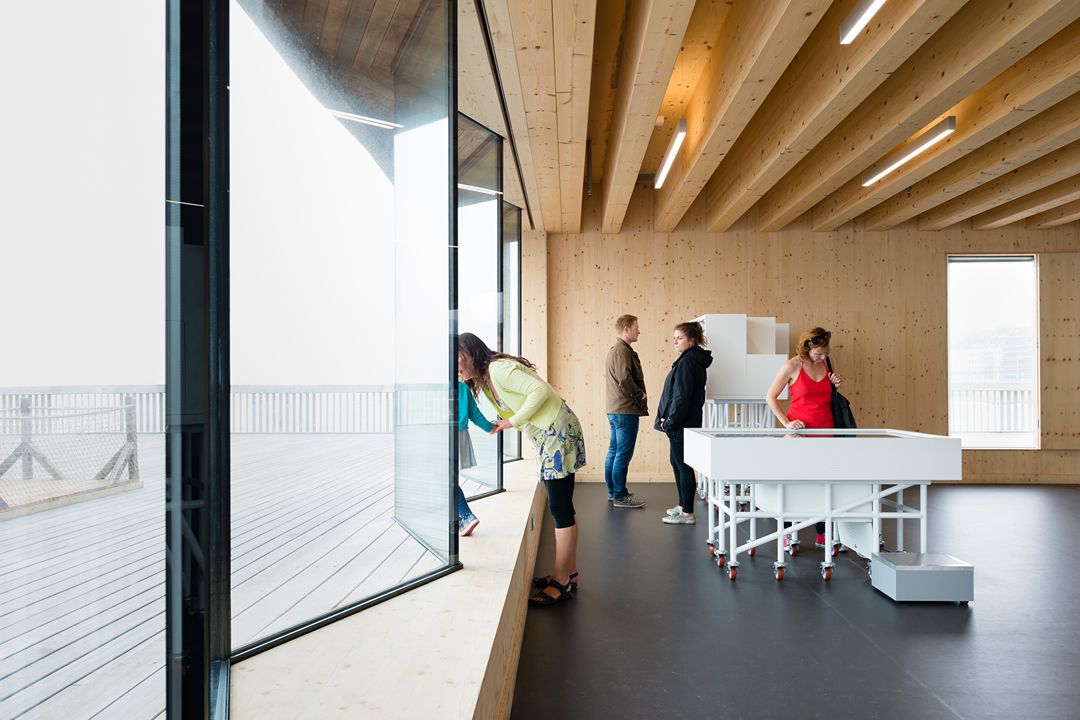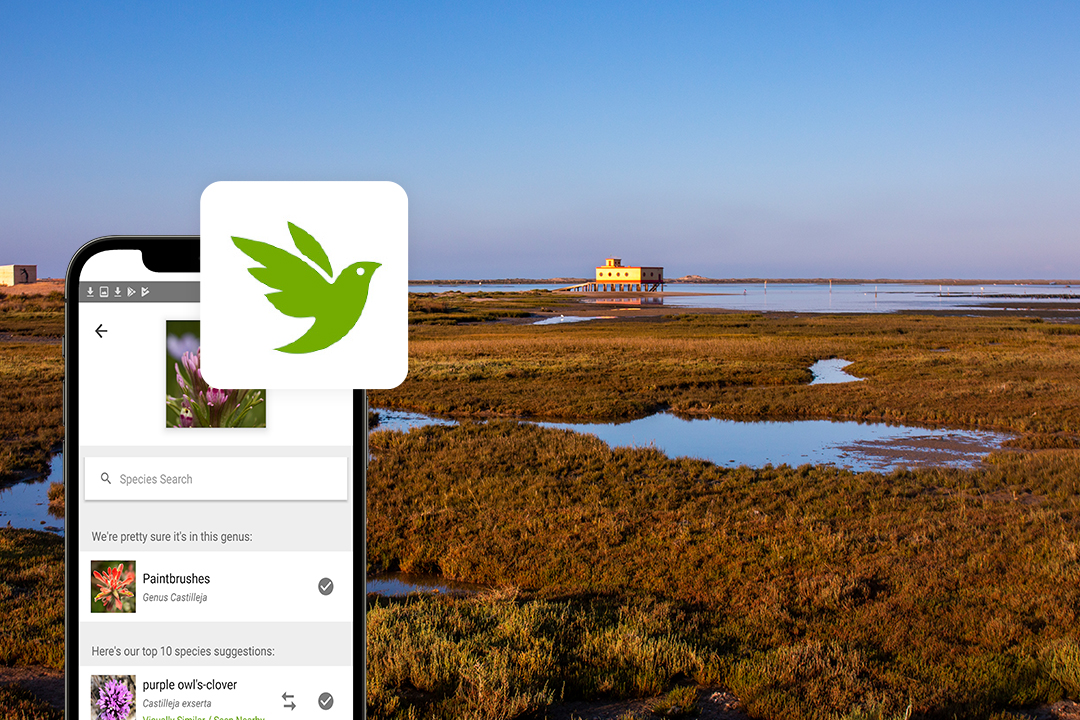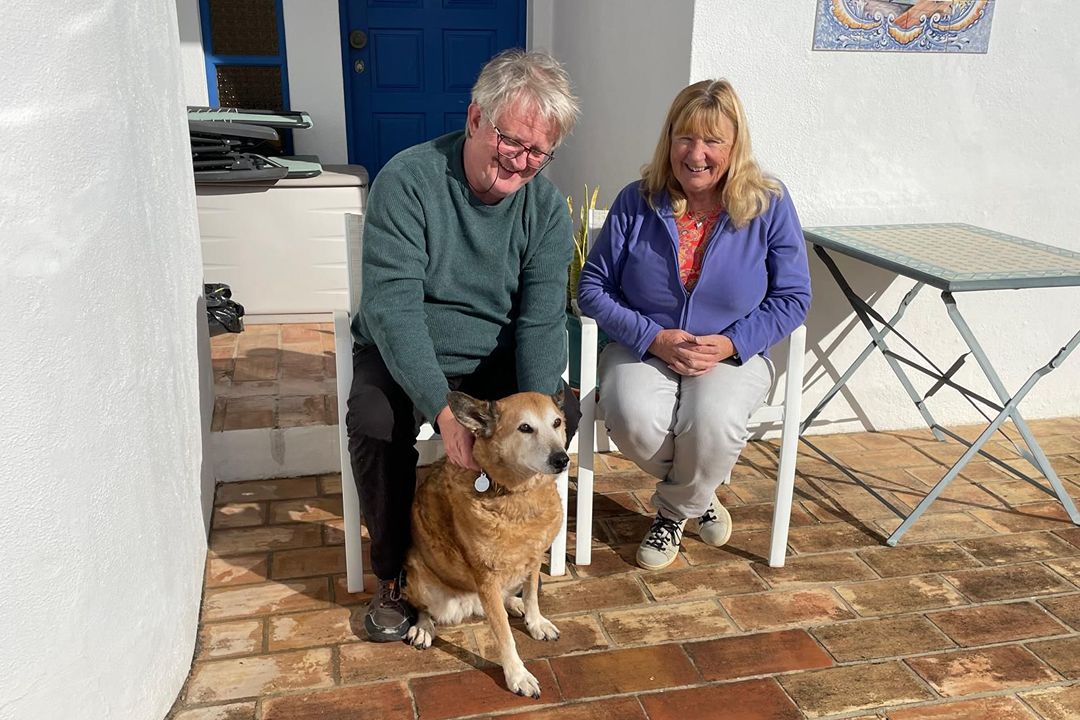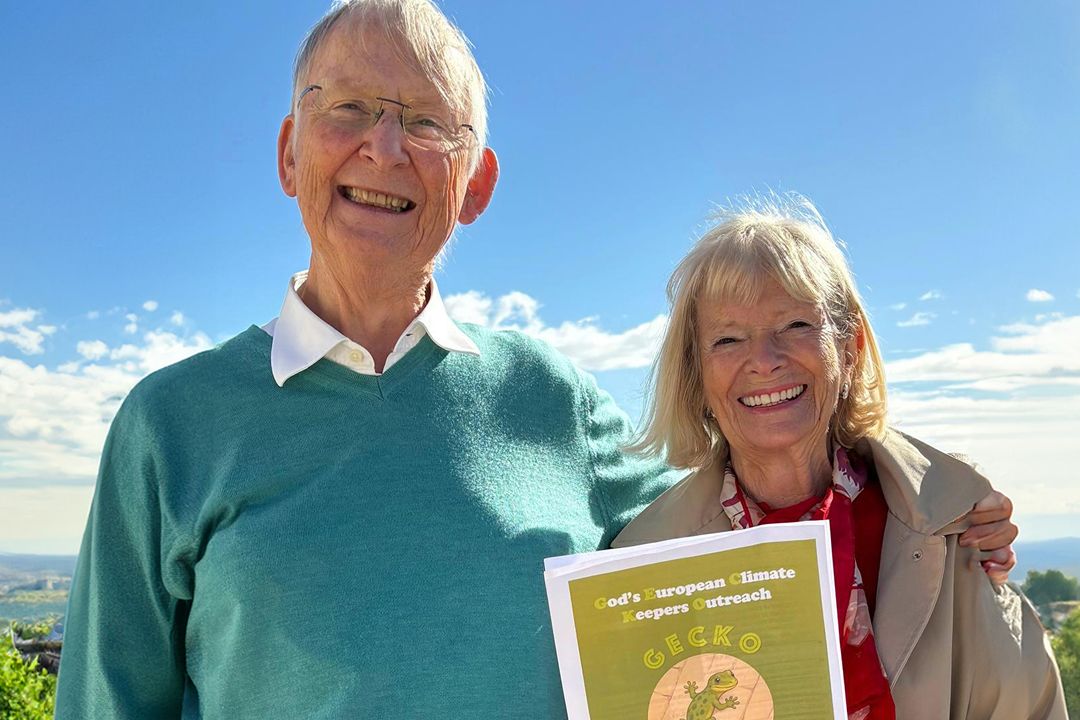During and immediately after the European Parliamentary elections, most voters seem to have been preoccupied with what they consider the most pressing issues in their own country, namely the cost of living, immigration, and defence.
Since then, it has become more apparent that the election results will partly help but also hinder the existential threat of global warming.
The Green Deal
It is optimistic that the two climate-conscious centrist groups will have an overall majority in the new parliament. Ursula Von Der Leyen, the incumbent centrist leader of the EU Commission, the organisation’s top authority, is a firm believer in the bloc’s ‘Green Deal’ to do all possible to tackle the climate crisis and achieve net zero CO2 emissions as targeted.
Portugal is among Europe’s most proactive countries in eliminating fossil fuels. Over the last two decades, Portugal has focused heavily on developing renewable energy, primarily wind and solar, which has helped the country lower its energy dependence on fossil fuels to below 80%.
Election Turnout
The overall turnout for the elections was just over 50%, about the same as in 2019. In Portugal, only 36.5% of eligible voters went to the polls, and turnout was even lower elsewhere. The lack of engagement with EU politics and bad results for the Green parties will hinder climate activism.
The Greens fell from fourth to sixth overall in the parliament by losing a third of their seats since the last elections in 2019. The loss was mainly in France and Germany, where it is believed that the losses were due not only to the big gains by the far-right but also because many younger voters did not turn out to vote.
Another setback has been the results for the European Renew party, which lost 23 seats and is reduced to 79, though it is still the third largest party after the two centrist groups.
Shift to the Far-Right
The shift to far-right populism during the EU elections was particularly evident in Germany and France. It could make it much more difficult to progress with Green Deal policies, which may lose momentum though not be ditched.
The Green Deal, first announced in 2019, aims to reduce net greenhouse gas emissions by at least 55% by 2030 compared to 1990 levels.
Climate scepticism
Climate scepticism seems to have been substantially increasing in Europe in recent years while more attention is focused on worries about the cost of living in the face of inflation, immigration, especially from the Middle East and other non-EU countries, and defence due to Russia’s aggression.
As summer approaches, we will again be challenged by alarming, if not cataclysmic, temperature rises and associated extreme environmental disasters.
